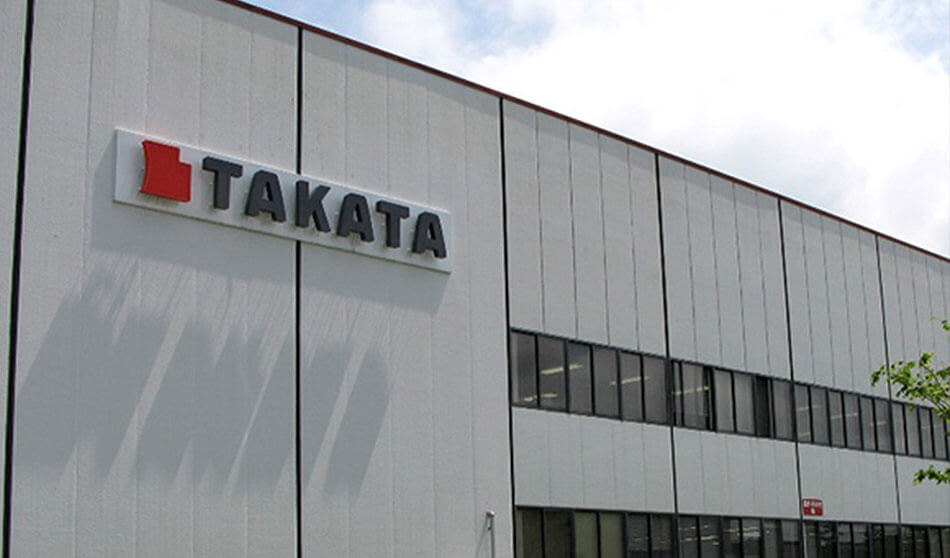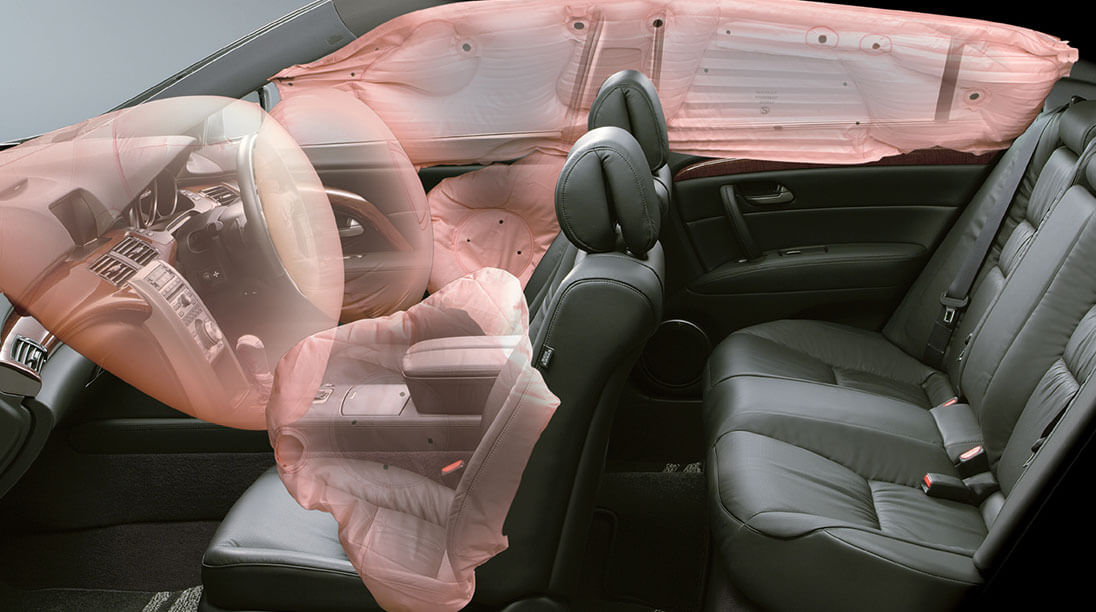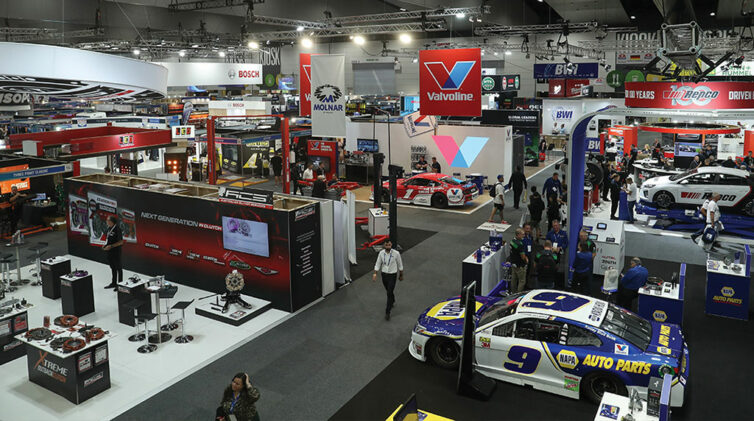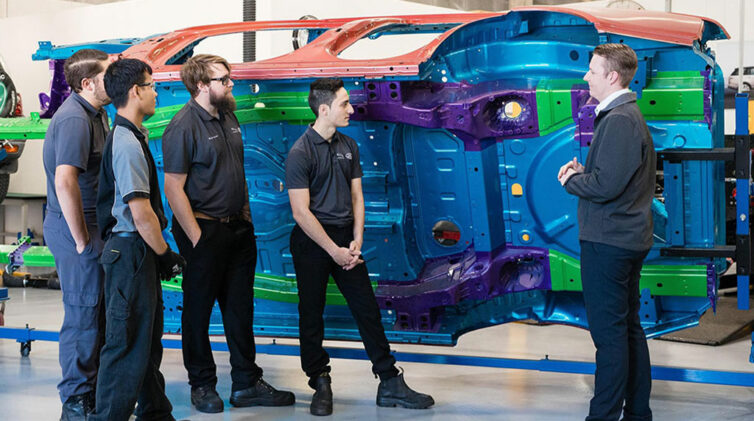While the industry has been surprised by the apathy of car owners who are driving around with what amounts to a hand grenade in the steering wheel, it is also expressing dismay that state authorities are using “privacy laws” to deny car- makers the information they need to track down all the cars with the affected airbags.
The Australian Competition and Consumer Commission (ACCC) on Monday hosted a meeting of car-makers with a plea to boost the recall rate, now running at a mere 30 per cent average.
GoAutoNews Premium has learned from industry sources that state government authorities could be recruited to help find missing vehicle owners of airbag recall-affected vehicles but are not co-operating.

The outstanding vehicles with Takata airbags that are deemed to be faulty are numbered in the hundreds of thousands, if not well over a million.
Given that these bags are more likely to malfunction once they reach a certain age, that could mean possibly hundreds of motorists could die from faulty airbags.
The affected airbags either activate at the wrong time or – as the case with a Sydney motorist who died after a car accident – eject shards of metal objects which can injure or kill the vehicle occupants.

Stephen Collins
Despite the prospect of death, Australian responses to the Takata airbag – which has triggered the world’s biggest recall program – continue to be slow. Even the most proactive car-maker admits it is getting both frustrated with the response to its recall program and the inaction of state government to assist.
Honda Australia, which has achieved more than 80 per cent success rate in retrofitting problem Takata airbags with new units, said the program is extremely expensive and very time consuming but, above all, disappointing that affected motorists are not answering the recall notice despite a recent death.
Honda Australia managing director Stephen Collins said he attended the ACCC meeting with other car-maker representatives on Monday and said he was upset with the level of response by motorists.
He said Honda Australia had achieved a 98 per cent repair rate for “active” Honda owners who have had their cars serviced at a Honda dealer over the past 12 months. Overall, the rate is 80 per cent of all Honda owners of affected vehicles.
But he said that the remaining 20 per cent involved 130,000 Takata inflator units. Because some vehicles have more than one airbag, this amounts to roughly 90,000 vehicles which have proved to be “extremely difficult to locate”.
“These could be vehicles that have been parked in a shed or alongside a house, or those still being driven without a license, or those in a wrecker’s yard somewhere,” he said.

“The fact is – we have an obligation to find these vehicles.”
Despite Australian state governments taking billions of dollars from motorists in stamp duty, sales tax, fuel excise, registration fees, traffic cameras and so on, these same authorities have yet to release the ownership status of the missing vehicles fitted with faulty Takata airbags.
Mr Collins would not be drawn into this issue but he said Honda Australia was working with the federal government and the Federal Chamber of Automotive Industries (FCAI) to secure a quick resolution.
State governments could assist by urging agencies including police and road traffic and transport departments to identify cars with vehicle identification numbers (VINs) that show they have faulty airbags.
For privacy reasons, this information is not available to the car-makers – the very companies who at their own cost are trying to prevent further injury or death caused by faulty airbags.
Honda Australia is not alone in this mission, although it has been the most active and the most successful.
On Monday, the FCAI and its member representation of about 14 car-makers, discussed the draft recall notice that would involve the recall of more than a million vehicles.
The estimated cost to car-makers is more than $1 billion.
The ACCC has previously said the completion rate of the voluntary recall system was slow and only captured 38 per cent – or 955,000 – of the 2.49 million cars recalled since 2009.
The average is about 30 per cent and one unnamed car company was said to have a completion rate of just 17 per cent.
Car companies involved in previous recalls – Honda, Toyota, BMW, Mitsubishi, Subaru, Lexus, Jeep, Nissan, Chrysler, Dodge, Ferrari and Mazda – claim they are doing everything possible to locate owners of affected cars and encourage them to bring their vehicles in for replacement airbag inflators.
Honda’s Mr Collins said the availability of replacement airbags was not a problem. He said Honda Australia had 60,000 airbags in stock and a further 60,000 on order.

ACCC airbag recall law a nightmare for car makers
IF THE ACCC pushes the draft provisions of the recall notice into law, car-makers will be required to recall affected cars of the Alpha airbag model – believed to involve 51,000 airbags – immediately once the action is gazetted and then, once contacted by the vehicle’s owner, replace the airbags by the following business day.
They must also tow or truck the affected vehicle to the workshop and offer a loan or hire car for the duration of the repair.
If they fail to meet these obligations, the vehicle owner can require the car-maker to buy back the vehicle at used market value.
Other Takata airbag types will have less stringent recall requirements, with the replacement period set at between one month and five years.
By Neil Dowling













 Read More: Related articles
Read More: Related articles

